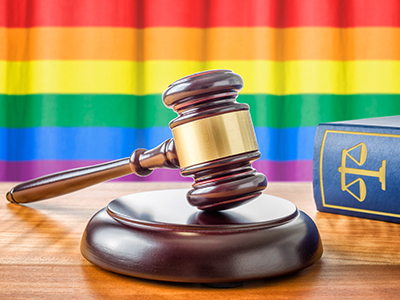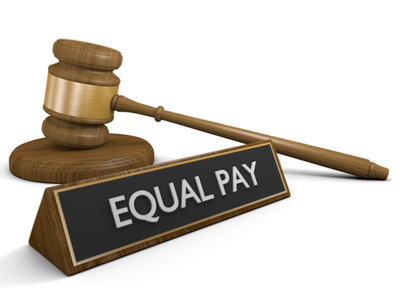The battle between Dynamex and Borello continues. Two competing bills – Assembly Bill 5 (“AB 5”) and Assembly Bill 71 (“AB 71”) – each seek to codify the respective worker classification tests. On May 29, 2019, the California State Assembly overwhelmingly passed AB 5, a bill seeking to codify Dynamex Operations West, Inc. v. Superior Court of Los Angeles, which adopted the three-factor “ABC” test to determine a worker’s classification for wage order claims. Now the bill is headed to the state Senate. Meanwhile, AB 71, a bill seeking to codify S.G. Borello & Sons, Inc. v. Dept. of Industrial Relations, has thus far not enjoyed the same success. READ MORE
AB 5 and AB 71: CA Legislature Dukes It Out Over Dynamex and Borello











